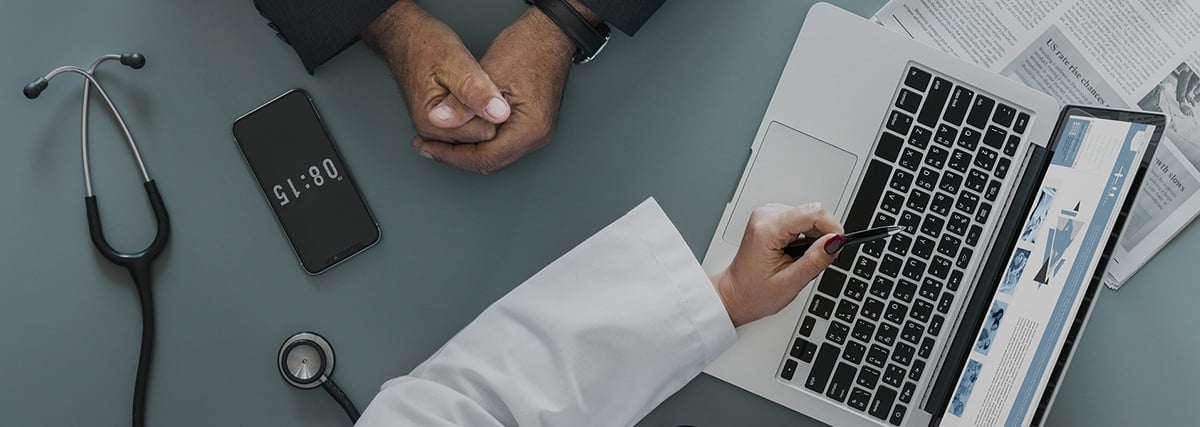It is important that translators in the healthcare sector are familiar with HIPAA and carefully comply with all HIPAA regulations. Since HIPAA’s designed to protect patients and preserve privacy in healthcare, medical translation is carefully regulated to make sure accidental or purposeful violation of privacy policies is prevented. Translators are generally considered to be either business associates or employees of the healthcare facility and must fulfill the standards HIPAA sets forth for their category.
In some instances, healthcare organizations are even required to provide translation services, too--Title VI created these requirements for federally-funded groups. Those that are not required to provide translation must still follow HIPAA rules as they apply.
There are four specific situations where patient health information may be disclosed to translators without the express consent of patients:
- Employees of the healthcare organization: In the normal course of their work and interpreters, employees can see and use patient information.
- Businesses, such as translation companies: Translators working as business associates can also use patient information.
- Family members, close friends, or other people: If the patient chooses to designate someone as a translator, then that person can access patient data just like an employee or business associate.
- Telecommunications interpreters: A healthcare organization without a business associate, employee, or designated interpreter can enlist the help of an interpreter over the phone if it can be reasonably inferred that the patient wants an interpreter. There does not need to be a business associate or employment agreement in place.
Standards for Business Associates and Employees
Outside companies and self-employed translators are treated as business associates under HIPAA standards. They do not necessarily need the express permission of patients to receive protected health information, but may only receive this information and use it under very specific circumstances. A healthcare organization or clinic can partner with a translation service and may provide the service with access to patient records and communications from the healthcare team, for instance.
Translators must abide by HIPAA rules and prevent unauthorized access by doing whatever they reasonably can to keep protected patient information out of the wrong hands. Business associates and employees alike have best practices to follow to physically safeguard patient data.
Family and Friends
Sometimes, a patient will opt to have their own family member or friend translate for them. This translator does not need a formal agreement with the health organization, and it can be assumed that these translators have access to patient information. These translators are specifically chosen and authorized by patients--until this specific authorization, healthcare providers will assume patient information is withheld even from close family unless the provider’s professional judgment would lead them to believe otherwise.
For instance, if the patient brings a family member along to the appointment, it may be assumed that the family member can receive private health information about the patient.
Compliance
To stay compliant with HIPAA, healthcare organizations can and should have a plan in place for how translation is handled whenever a patient requests it or needs it for care. If the organization receives federal funding in some form (such as through Medicare or Medicaid), then they could also be required to provide translation services.
With increasing diversity in the United States, the need for qualified and competent translators is arguably greater and plays a more significant role in healthcare accessibility than before. Having access to translation services that comply with HIPAA makes healthcare providers’ work easier and helps the organization fulfill legal and regulatory requirements. Since these rules can change and may apply differently to particular organizations and situations, it is also important for the healthcare industry to have access to translators who are familiar with healthcare. Each organization should research translation requirements and seek professional guidance to help them stay compliant and choose the right translation solution.

